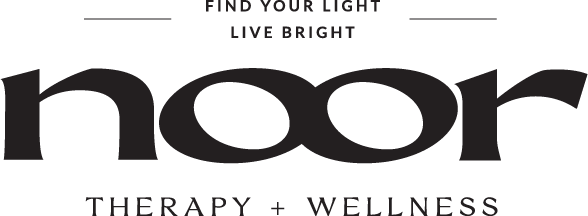Whole, Not Half: Reclaiming Your Biracial Identity
Being biracial isn’t about being “half” this or “half” that. It’s about being fully whole, a complete, complex person shaped by multiple cultures, histories, and experiences.
As someone who is both Palestinian and Mexican, I know firsthand how challenging it can be to navigate a world that often tries to fit us into neat categories. But I also know the strength that comes from embracing all parts of ourselves.
In a moment when my identities feel under attack, from the ongoing genocide in Gaza to the ICE raids in Los Angeles, I’m reminded more than ever how crucial it is to claim, and protect our wholeness, even when the world tries to erase it.
Living in Between
Being biracial or multiracial comes with a set of complexities that often go unnamed, especially in Western, white-centered spaces. Many of us carry common wounds:
Not feeling “enough” of our cultures
People questioning or being surprised by our identities
Feeling pressured to prove we belong
Being told we don’t “look“ like our identities
Losing access to cultural knowledge or language
Feeling isolated in family gatherings or cultural spaces
Navigating stereotypes, assumptions, and even being fetishized
Even within our own families, we might not feel fully accepted. We straddle worlds that often don’t overlap, and that leaves us questioning where we truly belong. We long for deeper connection to our heritage, but are left feeling like we have to earn our way back into it. It can be painful.
Identity as a Wound and a Resource
This constant negotiation of identity doesn’t just live in our minds. It lives in our nervous systems, our relationships, our self-worth. The impact can show up as:
Shame
Disconnection
People-pleasing
Anxiety or performance in cultural spaces
But there’s also resilience here. Biracial folks often develop deep empathy, cultural sensitivity, and the ability to see through multiple lenses. We are bridges, translators, storytellers, and our identities can become a source of power when we reclaim them on our own terms.
You don’t need to shrink or split yourself to make others comfortable. You are allowed to:
Learn the language you never got to speak
Cook the cultural foods
Honor the traditions
Reclaim what was lost
And fully embody all of who you are
Don’t let anyone, not even your own people, make you feel like you don’t belong.
You are enough. You always were.
Offering a Mantra
If you take one thing away from this blog, let it be this: “You are not half this or half that. You are whole. Your existence is proof that these identities can beautifully coexist in one body.”
Say this to yourself when you feel unseen, pressured, or uncertain. Let it remind you that your identity is complete, valid, and worthy, just as you are.
Why Therapy Can Help
Therapy can be a space to untangle the layers of grief, pressure, performance, guilt, and identity. It can help you make sense of your story, heal from cultural wounds, and rebuild a connection to yourself that isn’t rooted in proving anything to anyone. As a Palestinian and Mexican therapist, I don’t just understand this work, I live it. I know what it means to straddle cultures, to grieve collective pain, and to search for belonging in places that don’t always make room for complexity. If you’re navigating this too, I’d be honored to walk alongside you.
You can book a free consultation with me here: https://calendly.com/therapywithnichole/15-min?month=2025-06
Written by: Nichole Abdallah, AMFT
Nichole is a second-generation Palestinian-Latina Registered Associate Marriage and Family Therapist at Noor Therapy and Wellness who helps adult children of immigrants reclaim their cultural identities, navigate intergenerational trauma, and find a sense of belonging.


